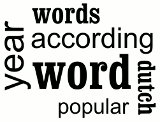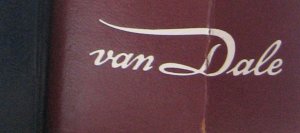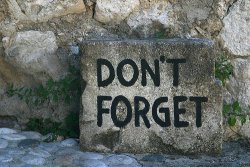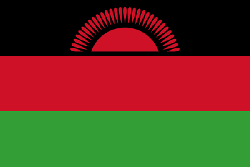 ‘Blokkeerfries’ has won the Dutch Word of the Year 2018, followed by ‘yogasnuiver’ (‘yoga sniffer’) and ‘mangomoment’ (‘mango moment’) in third place.
‘Blokkeerfries’ has won the Dutch Word of the Year 2018, followed by ‘yogasnuiver’ (‘yoga sniffer’) and ‘mangomoment’ (‘mango moment’) in third place.
‘Blokkerfries’ is described by Dutch dictionary Van Dale (a collaboration between the Dutch in the Netherlands and the Flemish in Belgium) as one of the people who blocked a motorway in [the Dutch province of] Friesland in order to stop others from demonstrating against an aspect of the Sinterklaas tradition, considered by some as a defender of it. You’ll notice they are not explicitly mentioning the now controversial ‘blackface’ aspect of Zwarte Piet, but that’s what was generally meant at the time.
A ‘yoga sniffer’ is someone that usually has a healthy lifestyle, but then once in a while goes overboard with party drugs and cocaine when they go out. For the advance class, if you do encounter the Dutch word ‘cultuursnuiver’ (‘culture sniffer’), it means someone who takes in culture, which is a positive thing.
‘Mangomoment’ refers to a Flemish television moment where a patient experienced a moment of happiness when the presenter of the show brought them a mango. Van Dale says it means a moment of happiness experienced by a seriously ill patient due to a seemingly insignificant, non-medical act or comment from a doctor or healthcare provider during normal healthcare activities.
(Link: nu.nl)



